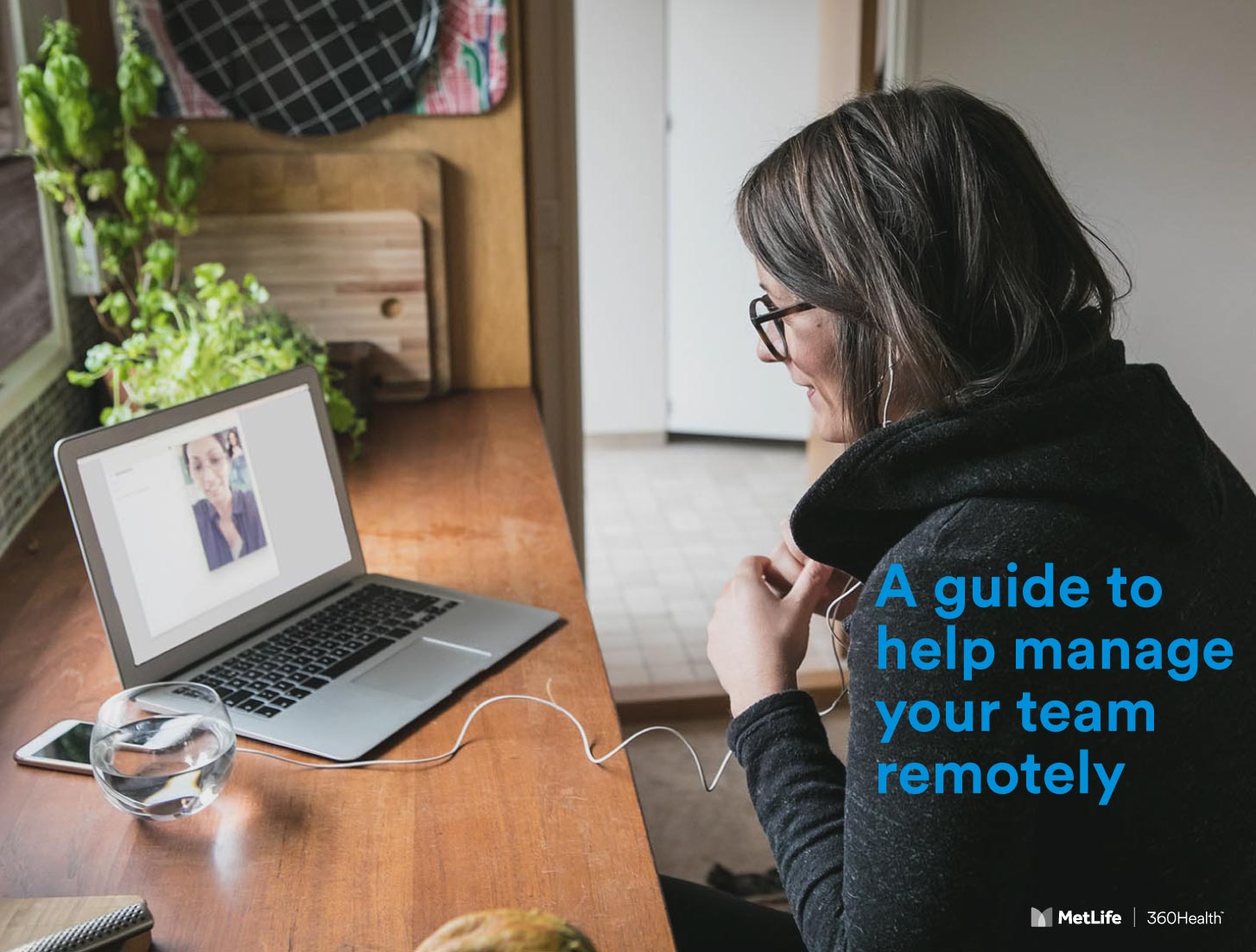
Here MetLife State Manager, Queensland, Stuart White and Paul Forbes, CEO of RFS Advice, share some tips for advisers and small businesses to navigate through these times.
How have you managed your team through the pandemic?
Paul Forbes: You can manage a period of time with staff working remotely, but over a longer period it can affect your culture. In the short term, you need to spend more time communicating regularly with your team and setting expectations. Our view is that we’re a better business with our staff back in the building. We see far more energy when they’re together and you have more opportunities to develop your team – for example, teaching new staff the business.
Have you changed the way you interact with clients/advisers?
Paul: We’ve increased communication dramatically during this period. Rather than newsletters, we send out blogs featuring content about the business, their investments and investment markets and an overview of how we’re managing their portfolios through this.
We also provide regular updates, including recorded sessions to help clients navigate around their online portals. We've received a lot of very positive feedback because they’re keen to monitor investments over this period. So, we can teach them how to find the information they’re after as easily as possible.
Stuart White: We’re not doing many face-to-face appointments anymore – instead, we’re doing a lot more video calls. We’re looking to pivot and come up with new ways to engage with our advisers. What we know, through asking our supporters, is that they’re generally preferring to have shorter, sharper meetings, rather than the traditional longer meetings we are used to having when we travel to a location. Even if that means there are more regular meetings, many advisers are telling us 'shorter and more often' is more effective.
A bigger than normal challenge facing many insurance advisers at the moment is keeping policies going rather than finding new policies to put in place because many of their clients are under financial stress. Saying that, there also appears to be a pocket of the advice community that is almost doing as well if not better through this environment, and they’re the ones already set up to interact with clients online or through other technologies. My tip for those who haven’t done so until now is to embrace technology, not just deal with having to use it, and for small businesses to use it in their day-to-day engagement with customers more often where possible.
What recommendations do you have for improving online meetings?
Stuart: Ensure you have a strong Wi-Fi connection, get your lighting right and be aware that audio is more important than visual. Use a headset to improve audio – even your mobile phone headset will make a difference.
I've also heard some advisers have organised webcams for their older clients, which had a double impact – it made the advice process a lot easier and become a nice way to help them communicate with their children and grandchildren. Particularly for older clients, if they weren't set up before for online meetings, it created a nice association with the adviser who made the online world easier for them to access.
What concerns do your clients have about the markets and their money, Paul?
Paul: First and foremost, our clients are thinking about their health and the health of their extended families. The concern for businesses is revenue falling off a cliff as their customers tighten their spending.
What tips can advisers share with small businesses about managing cash flow in uncertain times?
Paul: For most people, it’s about understanding their spending. If revenue has decreased then can you proportionately reduce your costs? Review your costs, using your accounting software or simply a spreadsheet. What is discretionary and non-discretionary spending? Are there chunky items of spending that can be deferred? Look through your monthly subscriptions and payments and make sure you’re not wasting money on ‘nice to haves’ vs ‘need to haves’.
Fundamentally it’s about dealing with the ‘is’. You don’t know what the future will be, but you do know your reality right now. Manage to that but plan for the future.
A powerful tool is giving clients ‘permission’ to go backwards during this period. They may not realise it, but stress can be caused by the expectation they must progress. Taking that mental pressure off and, for the client, accepting this won’t be a good year can be liberating. That said, a good business should come out of this period a better business than the one that started it – better data, more cost-efficient, more focused marketing. This period can be an opportunity.
Stuart: A lot of businesses are making reactive decisions without sound thought or judgement, so sound financial advice has never been more important. If you have an adviser, obviously, get in touch. If you don’t have an adviser, seriously think about having one.
How has the outlook for advisers changed recently?
Paul: What I said to our staff when the pandemic started was that we weren’t just going to survive this – we were going to thrive by ensuring our clients were engaged and supported. We were determined to come out of this a better business structurally.
While financial crises are nothing new, a health crisis with an economic shutdown is very much a learning experience. Advisers, especially newer entrants, will be much better for having lived and experienced this.
Stuart: Advisers generally sit down with most of their customers to do a yearly plan, but I've heard some advisers concentrating even more on their reviews a bit more through this period. This is mainly because clients are needing a bit more reassurance, but also to try to get ahead of any rash decision-making if they’re in a vulnerable position.
These more regular reviews can be very useful during unpredictable times for business owners and individuals alike, especially as their earnings change month by month.
Some clients might feel like they're not the sort of person an adviser wants to speak with because they have less money to spend, but that couldn't be further from the truth. People and businesses generally have a lot more to protect and more opportunities to build wealth than they think they do, and my biggest tip is to encourage them to ask for help. Advisers who can help clients through these times will build stronger relationships for the long term.
Find a financial adviser to help your business navigate the pandemic and economic disruption












